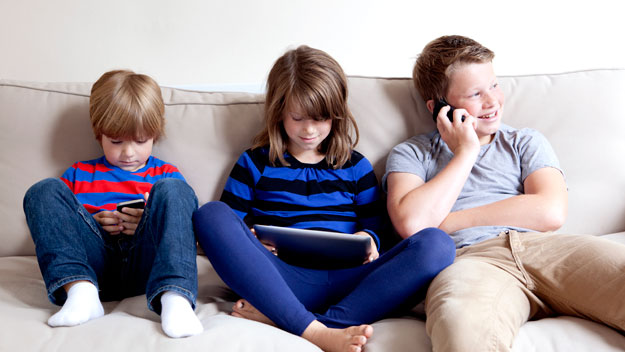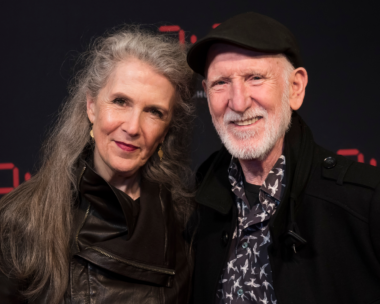It’s no shock that tweens — children between the ages of eight and 12 — spend an average of one and a half hours online each day, but what they spend their time doing on desktop computer, laptops, smartphones and tablets might surprise some parents.
A study released today revealed Australian tweens are adopting technology faster than expected and in most cases faster than adults allowing them to talk to strangers and exposing them to cyberbullying.
The tweens, teens and technology survey run by intel company McAfee and launched today by Senator Stephen Conroy as part of National Cyber Security Awareness week found that one in five tweens talked to strangers online — just one of the findings the communications minister described as “troubling”.
“This information is troubling for any parent or carer,” Senator Conroy said.
“It shows that we must remain vigilant to online threats.”
The report warned it was becoming increasingly difficult for parents to keep track of what their children are exposed to online with tweens have access to between three and four internet enabled devices on average, and 77 per cent use mobile devices like tablets and smartphones to access the internet.
Despite age restrictions implemented by social media outlets, 67 per cent tweens had established social media profiles, leaving them vulnerable to modern stranger danger.
Even though facebook requires its users to be over the age of 13, one in four tween currently use facebook, the study found, and one in five tweens had chatted to someone online that they didn’t know.
When it came to teenagers, six per cent of had met up with a total stranger they had met online.
The study found that kids as young as eight are increasingly susceptible to cyber bullying with 25 per cent of eight year olds surveyed saying they had witnessed nasty comments online directed at them or a friend, and by the time they hit their teens more than half of Aussie kids had been exposed to cyber bullying themselves.
Parenting expert Dr Justin Coulson, who also addressed media at the study’s Sydney launch raised the issue of internet addiction.
“Our tweens and our teens are becoming absolutely compulsively obsessed with checking and checking and checking,” he said.
“They start to question their self worth. They become narcissistically oriented and the world becomes ‘all about me and how many likes I can get’ — it’s not healthy.”
Although 92 per cent of tween facebook users were found to be ‘friends’ with their parents, Dr Coulson recognised parents’ discomfort with not being able to monitor their children’s online activities more closely, but recommended education and open discussion about online safety over all other strategies.
“We want to be watching and monitoring as much as we are able to,” he said.
“There are a number of strategies but the most important one is we just have to have great relationships with our kids.”




